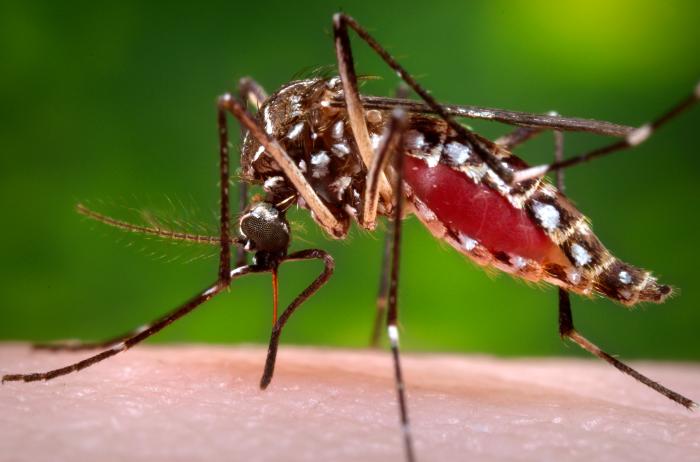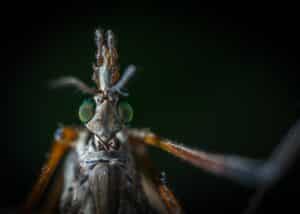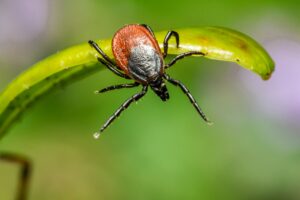Will Genetically Modified mosquitoes impact pest control?
Mosquitoes are tiny insects, yet the diseases they spread are amongst the most destructive forces impacting human health. According to the World Mosquito Program, nearly 700 million people contract mosquito-borne illnesses each year, causing about one million deaths respectively.
Will GM mosquitoes help to combat this problem?
In a research article by two distinguished scholars on the subject of genetically modified organisms, Natalie Kofler and Jennifer Kuzma. (“Before genetically modified mosquitoes are released, we need a better EPA“) they provide an insightful analysis about the U.S. Environmental Protection Agency (EPA)’s recent approval to release over 1 billion genetically modified (GM) mosquitoes.
The insects will be released across 6,600 acres in Florida and Texas. Their piece weighs the potential negative impacts to the food chain versus a likely decline in the spread of mosquito-borne diseases vectored by Ae. aegypti. Since there is evidence that Ae. aegpyti are increasing their range across the Americas, this topic is urgently important.
Permission to release the mosquitoes was granted to Oxitec, a biotechnology company that develops GM Aedes aegypti mosquitoes. The authors discussed their concern about the risk assessment process by EPA, whether it has carefully weighted the release’s impact on public health and ecosystem risks.

Another great article by Lila Westreich also sheds some insights on the progress of Oxitec in releasing GM Aedes aegypti. Read full article “You should be excited that scientists are releasing 750 million genetically modified mosquitoes this year”.
Lila’s article is balanced and weighs both sides of the issue. She mentions both the successful history of sterile insect techniques and also the possible risks of the GM mosquito genes escaping into the wild population.
Oxitec has already conducted field trials by releasing GM Aedes aegypti mosquitoes in parts of Brazil, the Cayman islands, and Malaysia since 2009. These resulted in reduction in mosquito populations from 80-95%, and reduction in dengue fever cases by 91%. Dozens more published studies about the Oxitec technology are available on their website.
Yet Oxitec’s application to EPA to release GM mosquitoes in 2012 has faced some disagreement from public skeptics and environmental groups up untill now. These groups believe this mechanism poses risks to human health as well as cascading effects on the food chain.
The release of GM Aedes aegypti mosquitoes will not impact your pest control business. Here are the reasons:
First of all, the only GM mosquitoes being released are Aedes aegypti. Those males will only impact the population of other Aedes aegypti. AND Aedes aegypti is probably not driving most of your backyard mosquito complaints. (Unless you are in some parts of Florida, then, maybe they are.)
While the range of Aedes aegypti continues to expand every year, it is not the primary driver for nuisance mosquito complaints in most of the U.S. Many, many other species are tormenting customers, such as: Aedes vexans, Culex tarsalis, Aedes albopictus, Aedes taeniorhynchus, Coquillettidia perturbans, Culex pipiens, Culiseta inornata, Aedes dorsalis, Aedes washinoi, Aedes sierrensis, and on and on…
Second, even in areas where Aedes aegypti mosquitoes ARE driving a lot of your business, it is unlikely this GM mosquito control method will be used near you.
Lastly, this method is a great development for Public Health in the U.S., AND more importantly for tropical locations around the world ravaged by arboviruses like Dengue, Chikungunya, Zika, etc.
The hope is that funding and techniques can be improved in the U.S. with Aedes aegypti, and later can be applied to the most important malaria vectors such as Anopheles gambiae, Anopheles arabiensis, Anopheles stephensi and Anopheles funestus. Deploying technology at scale targeting these species could save hundreds of thousands of lives each year and reduce the millions of lost work hours that malaria sucks from the people of sub-saharan Africa, sourthern Aisan, and other locations across the world.






